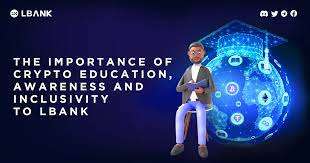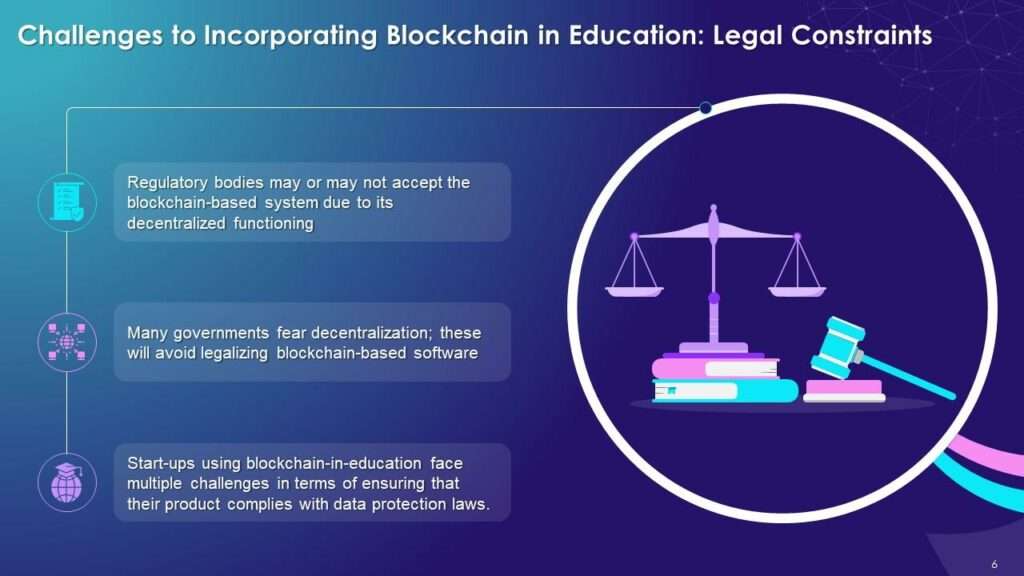In the rapidly evolving landscape of cryptocurrency and blockchain technology, education plays a pivotal role in empowering individuals and businesses to navigate this complex and transformative space. In this article, we explore the importance of crypto education, the challenges posed by the knowledge gap, and how informed learning can pave the way for widespread adoption and innovation.

- The Crypto Revolution:
Cryptocurrencies and blockchain technology have emerged as revolutionary forces, challenging traditional notions of finance, governance, and information exchange. However, the intricacies of this technology can be daunting for newcomers, highlighting the need for accessible and comprehensive education.
- Understanding the Knowledge Gap:
The knowledge gap in the crypto space refers to the disparity between the rapid development of blockchain technology and the understanding of its principles among the general population. Many individuals are interested in crypto but lack the foundational knowledge to navigate the complexities of blockchain, wallets, decentralized finance (DeFi), and other key concepts.

- Importance of Crypto Education:
Crypto education is not just about understanding how to buy and sell cryptocurrencies; it is about grasping the fundamental principles that underpin this technology. Education empowers users to make informed decisions, promotes responsible investment, and contributes to the overall security and stability of the crypto ecosystem.
- Accessible Learning Resources:
To bridge the knowledge gap, there is a growing need for easily accessible learning resources. Online courses, tutorials, webinars, and educational platforms dedicated to cryptocurrency and blockchain provide a structured and comprehensive approach to learning. These resources cater to individuals at different knowledge levels, from beginners to seasoned enthusiasts.
- Incorporating Blockchain in Traditional Education:
As the importance of blockchain technology continues to grow, there is a push to integrate crypto education into traditional educational curricula. Schools, colleges, and universities are recognizing the need to equip students with blockchain literacy, preparing them for the evolving job market and fostering a culture of innovation.

- Promoting Financial Literacy:
Crypto education is closely tied to financial literacy, empowering individuals to understand the risks and rewards associated with cryptocurrency investments. This knowledge is crucial for responsible decision-making and risk management, preventing uninformed actions that could lead to financial loss.
- Addressing Misconceptions and Fears:
Education also plays a role in dispelling myths and addressing fears associated with cryptocurrencies. By providing accurate information, users can develop a more nuanced understanding of the technology, mitigating concerns about security, legality, and volatility.
- Community Building Through Education:
Crypto education fosters a sense of community among enthusiasts, developers, and investors. Community-driven education initiatives, forums, and meetups provide spaces for individuals to share knowledge, ask questions, and collaborate on projects, creating a supportive environment for continuous learning.
Conclusion:
Crypto education is the key to unlocking the full potential of blockchain technology and cryptocurrencies. By addressing the knowledge gap, we empower individuals to engage with this transformative technology responsibly and innovatively. As we move forward, the collaborative efforts of educators, industry leaders, and the community will play a crucial role in building a more informed, inclusive, and thriving crypto ecosystem. Bridging the knowledge gap is not just about individual empowerment; it is about shaping a future where blockchain technology is accessible and beneficial to all.


